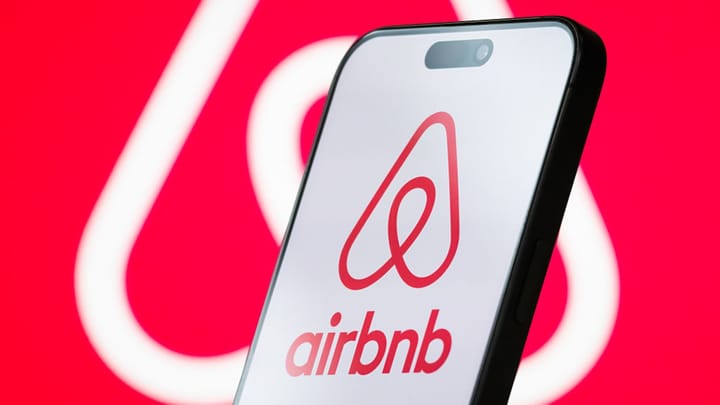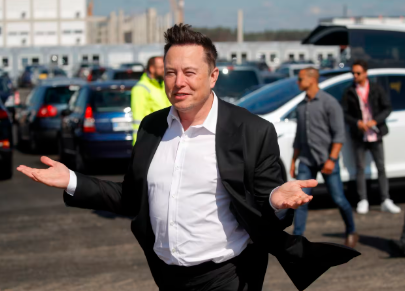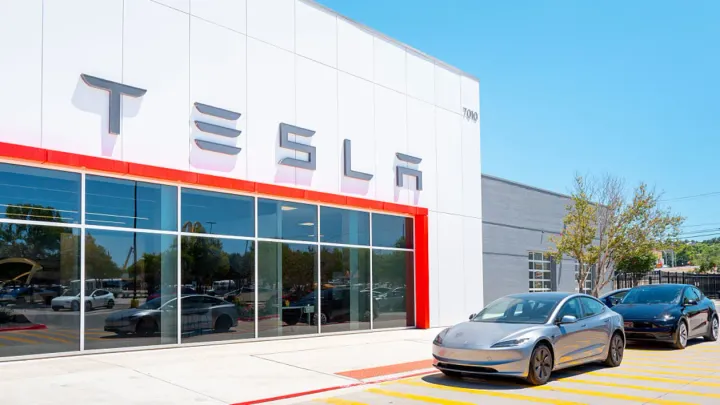OpenAI Turns to Google Cloud for ChatGPT in Big Strategic Shift

In a development that indicates increasing demand for computer resources in the era of artificial intelligence, OpenAI said on Wednesday that it will start leveraging Google Cloud Platform to host its popular ChatGPT service and application programming interface (API) across a number of countries.
This decision marks a significant evolution in OpenAI’s cloud strategy, which originally depended exclusively on Microsoft Azure for infrastructure support. The updated list of cloud partners now includes Google, Microsoft, CoreWeave, and Oracle—highlighting OpenAI’s ambition to scale more aggressively across the globe.
Why Google?
While Microsoft remains a key partner—especially as the exclusive provider of OpenAI’s APIs—this new arrangement brings Google into the fold as a supplementary provider. Google Cloud infrastructure will be deployed in the U.S., the United Kingdom, the Netherlands, Norway, and Japan, giving OpenAI broader international capacity and redundancy.
The alliance is a big victory for Google, which has trailed Amazon Web Services (AWS) and Microsoft Azure in cloud share. Onboarding a high-profile AI customer like OpenAI is expected to help enhance Google Cloud's credibility in enterprise AI, particularly after partnering with Anthropic, another AI startup started by OpenAI alumni.
Why Now
OpenAI has been outspoken about the need for additional GPU compute power, essential to train and operate its large language models, such as those powering ChatGPT. In April, CEO Sam Altman openly tweeted on X (formerly Twitter), "If anyone has GPU capacity in 100k chunks we can get ASAP please call!" That call highlighted the magnitude of demand that OpenAI is experiencing because of the rapid adoption of its tools.
OpenAI’s infrastructure roadmap has rapidly evolved. In addition to the Google Cloud partnership, OpenAI signed a nearly $12 billion deal with CoreWeave earlier this year for compute power over five years. Last year, Oracle also announced a joint venture with Microsoft to help support OpenAI’s cloud workload needs by extending Azure AI services to Oracle Cloud Infrastructure.
Microsoft’s Changing Role
While Microsoft still holds exclusive rights over OpenAI’s API services and remains a dominant partner, the relationship has shifted. In January 2025, Microsoft moved from being OpenAI’s exclusive cloud vendor to offering “right of first refusal” whenever OpenAI needs additional compute power. That flexibility has now paved the way for partnerships with other providers like Google and CoreWeave.
This growth also indicates increasing competition between OpenAI and Microsoft in the business AI market, as both provide developer tools and subscriptions to AI solutions.
Implications for the Industry
The move to Google Cloud signifies a more mature AI infrastructure strategy aimed at preventing bottlenecks through diversification of cloud providers. It is also an acknowledgment of the technical and geopolitical reality of operating large-scale AI systems. Having multiple vendors means being able to guarantee more reliability, worldwide coverage, and lower costs possibly due to competition.
Additionally, this would prompt other major AI players to also look at a multi-cloud strategy, considering the increasing GPU and purpose-built AI hardware demand.
FAQs
Why is OpenAI using multiple cloud providers now?
OpenAI is experiencing enormous demand for its services and has to scale its infrastructure worldwide. By utilizing multiple providers such as Google, Microsoft, CoreWeave, and Oracle, it can scale up the availability, lower latency, and better manage capacity.
Does this mean OpenAI isn't working with Microsoft anymore?
No, Microsoft is still a core partner and continues to have the sole rights to the OpenAI API platform. But the sole exclusivity no longer applies to all cloud infrastructure requirements, with OpenAI free to collaborate with other providers such as Google for particular use cases and geography.
Where will OpenAI deploy Google Cloud services?
OpenAI will be using Google Cloud infrastructure in the United States, Norway, Japan, the Netherlands, and the United Kingdom. They will use these locations to enhance performance and availability for users in each region.
What does this mean for Google Cloud?
This is a big victory for Google Cloud, as OpenAI is one of the most prominent and influential AI firms. The collaboration enhances Google's reputation in AI infrastructure and makes it more competitive with AWS and Microsoft Azure.
Will this impact how ChatGPT works for users?
End-users are unlikely to notice any direct changes, but the added infrastructure should lead to improved uptime, faster responses, and more reliable performance across regions as OpenAI continues to scale.



